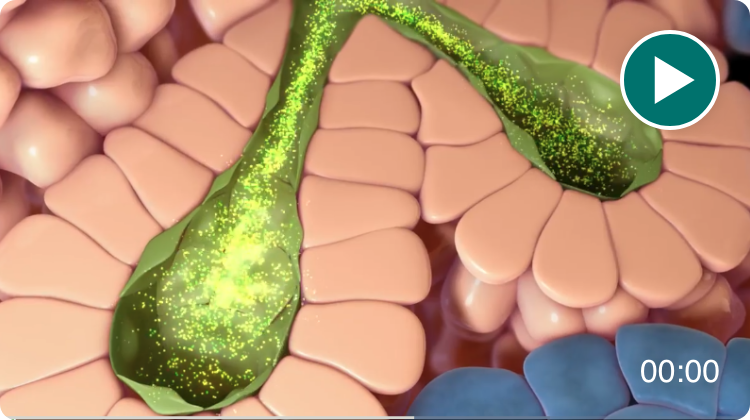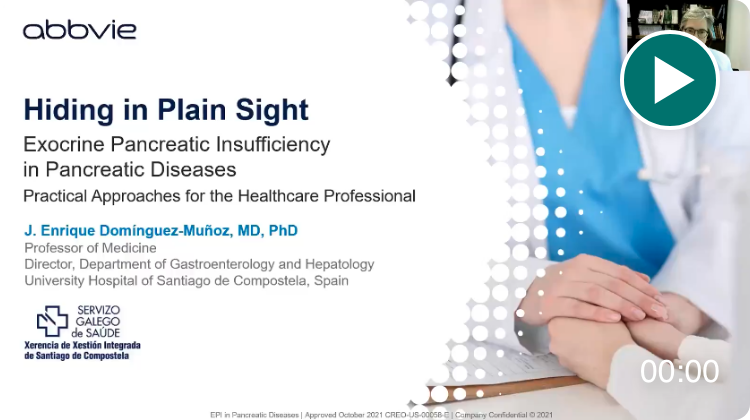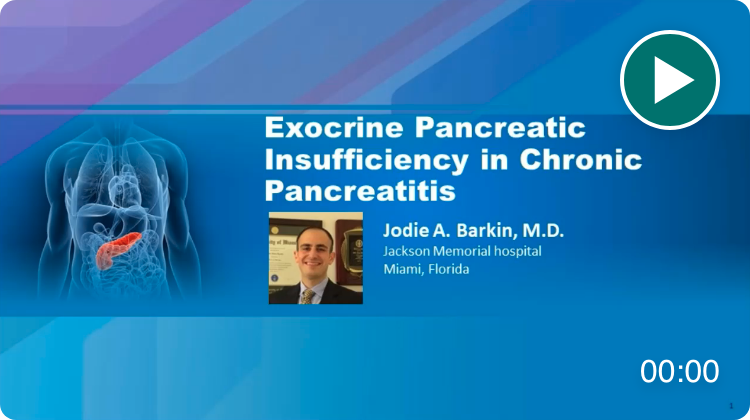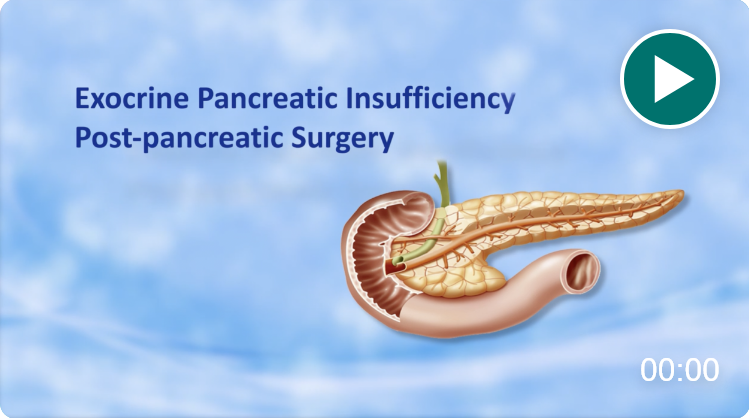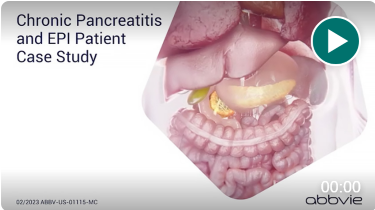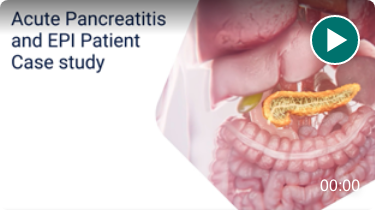
EPI Education
Take a deep dive into EPI and learn from experts in the field.
About EPI: EPI pathogenesis, symptoms, and diagnosis
Etiologies of EPI: Recognize EPI and the barriers to diagnosis
Management of EPI: Key information for managing EPI
Case Studies: Experts present case-based narratives on EPI
Select one or more filters below to explore topic-specific resources.
Transcript
I led off earlier, ladies and gentleman, by saying I can make an accurate diagnosis in eight notes. And here they are.
If a patient comes in with diarrhea for more than oneth- one month, it's obviously persistent diarrhea. If you're running clinical trials, realize that the symptoms have to be present from an IBSD perspective for the last three months, with symptom onset more than six months. Prior to making that diagnosis I do not make my patient suffer for six months before I treat them. But on the right, you can see how I evaluate these patients.
I have three rule-in questions, and five rule-out questions. The three rule-ins. Do you have pain or discomfort If they say no, remember, pain discomfort are the sine qua non of irritable bowel syndrome, if those are not there, those individuals do not have irritable bowel. If they say yes, I move on to the other two criteria.
Does the pain get better or worse with the bowel movement, andor is the pain associated with a change in frequency, andor texture If they meet those criteria, I then go through the five alarm signs, or symptoms. Are you over the age of 50 If you're patient is over the age of 50, this becomes a diagnosis of exclusion. Is there unexplained or unintentional weight loss Is this an acute change in symptoms Is there a history of celiac inflammatory bowel disease, or, um, colon cancer in the family Or is there evidence of anemia or recurrent bleeding If your patient answers yes to the first three, and no to the final five, the accuracy of those eight questions alone is about 97 to 98%. If you add in the digital rectal exam, which showed no evidence of a functional defecation disorder, the celiac serologies, and the fecal calprotectin, you're approaching almost 99%. There's nothing else you need to do at that point, and you can start treating that individual after the first visit. If the patient has some of those alarm signs or symptoms, then you wanna look at some of the other disorders that Dr. Dominguez- Munoz brought up, inflammatory osmodic, secretory, and malabsorptive syndromes, and ch- diagnose those as appropriate.

Differentiating Between EPI and IBS-D
Learn how to differentiate between EPI and IBS-D with these 8 questions.

Take an immersive journey into the physiology of the exocrine pancreas and the pathophysiology of EPI.
